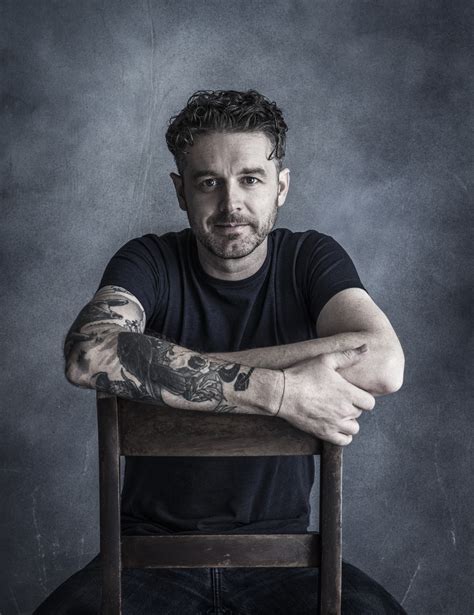A Quote by Willard Gaylin
Our imagination and reasoning powers facilitate anxiety; the anxious feeling is precipitated not by an absolute impending threat-such as the worry about an examination, a speech, travel-but rather by the symbolic and often unconscious representations.
Related Quotes
The presence of anxiety is unavoidable, but the prison of anxiety is optional. Anxiety is not a sin; it's an emotion. So don't be anxious about feeling anxious. Anxiety can, however, lead to sinful behavior. When we numb our fears with six-packs or food binges, when we spew anger like Krakatau, when we peddle our fears to anyone who will buy them, we're sinning.
You have to learn to trust - and listen to - your unconscious mind. If you pose the question to your unconscious "is this person a friend or a foe" - safe or a threat - your unconscious mind is hard-wired to assess that brilliantly for you. It's just that we're not very good at paying attention to what our unconscious minds are telling us.




































